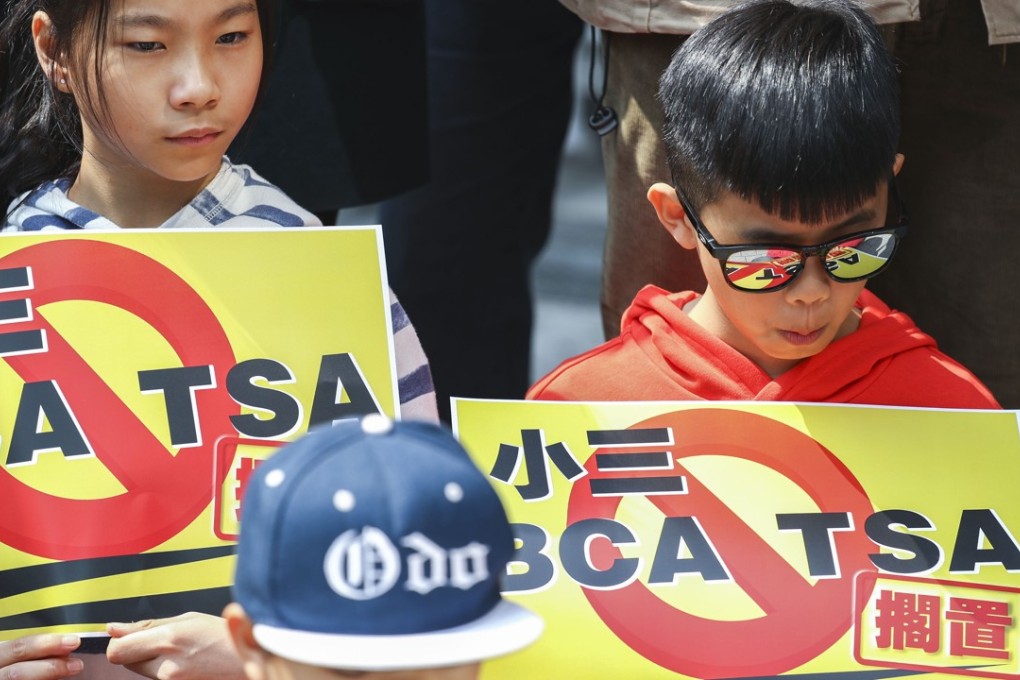Changes to controversial Hong Kong primary school assessments set to be announced, sources say
The Post learns committee will suggest random sampling for tests in effort to reduce unnecessary drilling

A committee tasked to review an unpopular competency assessment for Hong Kong’s young primary pupils will recommend tests continue this year but be conducted using a random sampling method and in a way that schools’ results could not be identified and lead to unnecessary drilling, sources have said.
The revelation on Thursday came a day ahead of a scheduled meeting of the government-appointed Coordinating Committee on Basic Competency Assessment and Assessment Literacy.
Secretary for Education Kevin Yeung Yun-hung will also meet the media after the meeting on Friday, and is expected to announce what steps his bureau would take with the test for Primary Three pupils, beginning in about two months’ time, should it continue.
A source close to the committee told the Post that it would submit a report to the Education Bureau after the meeting, recommending the controversial Basic Competency Assessment (BCA) be conducted by random sampling and for authorities to not issue reports to individual schools, so the results of specific institutions could not be identified.
Ditch ‘stressful’ competency exams for 8-year-old pupils once and for all, Hong Kong parents demand
The source said the aim was to reduce the motivation to put Primary Three pupils through stressful drilling exercises.